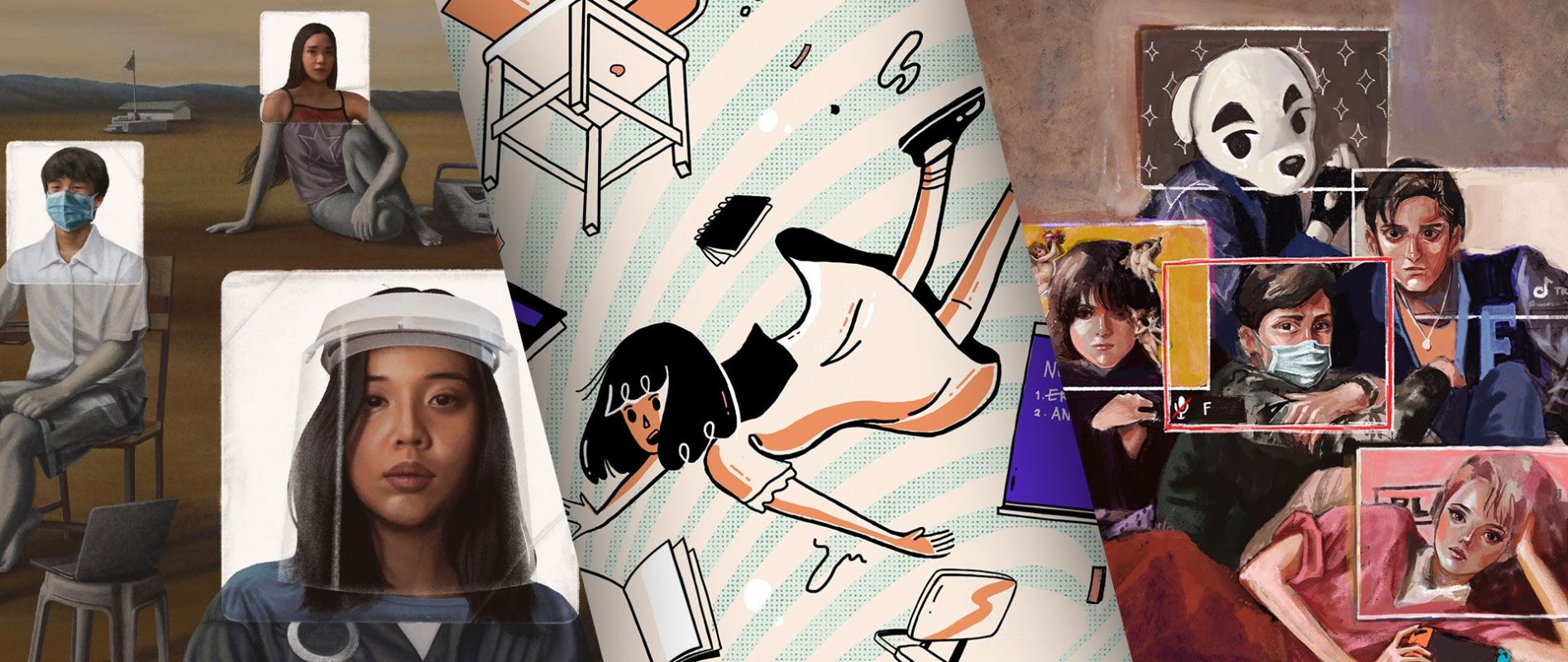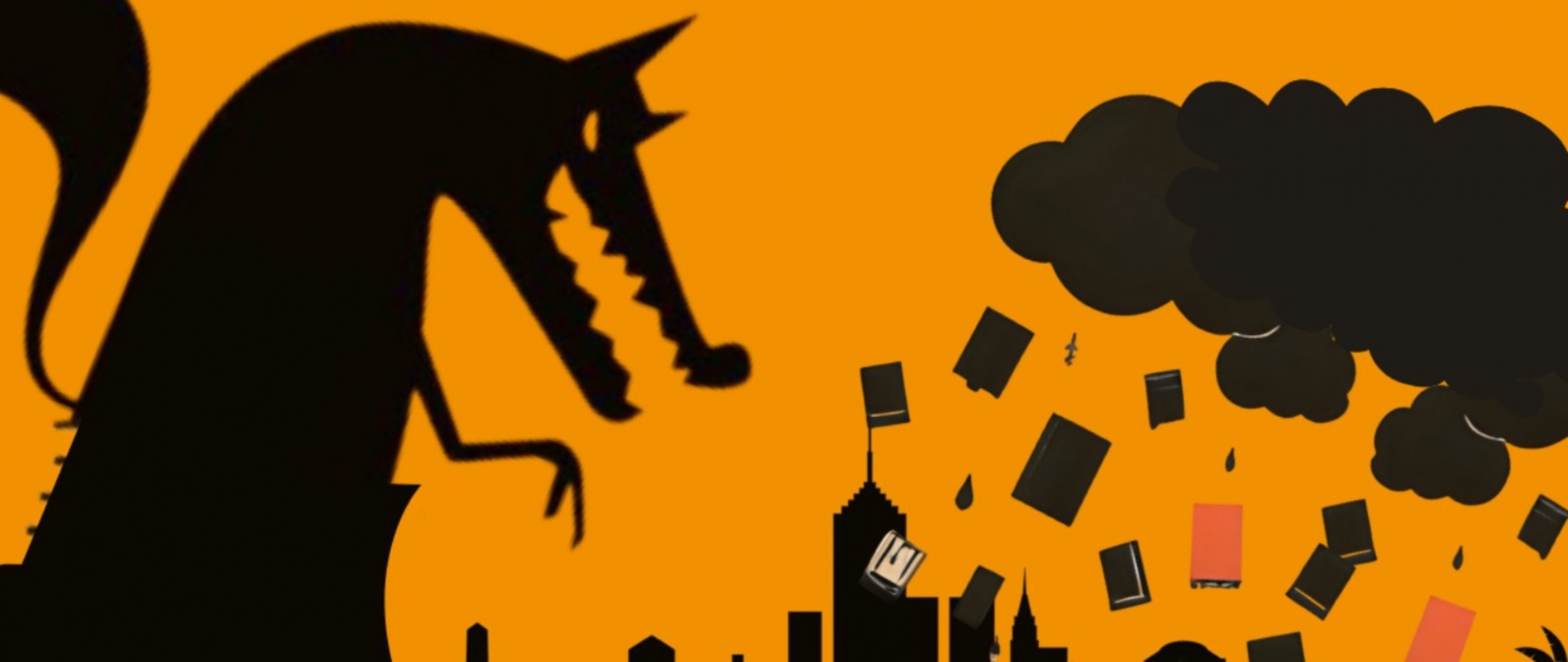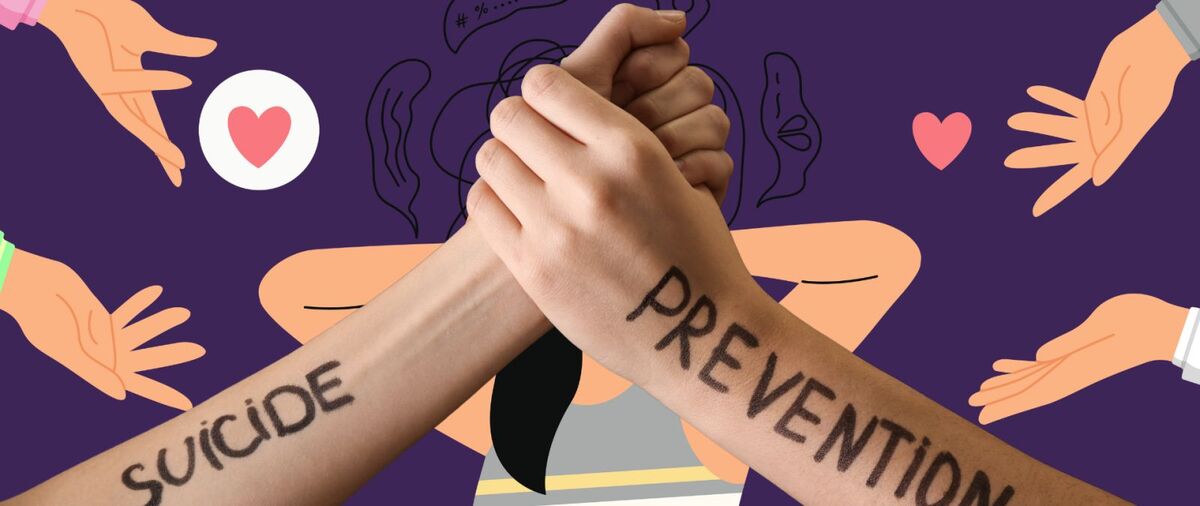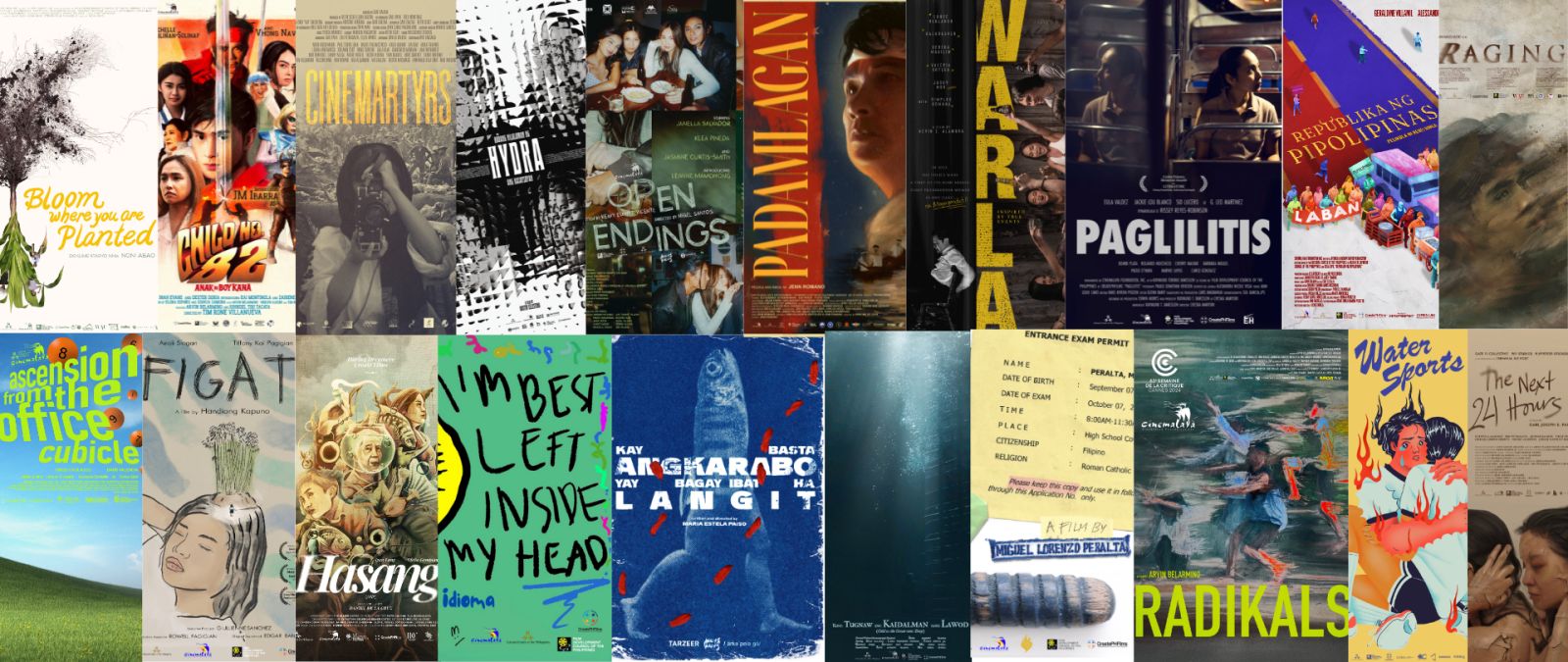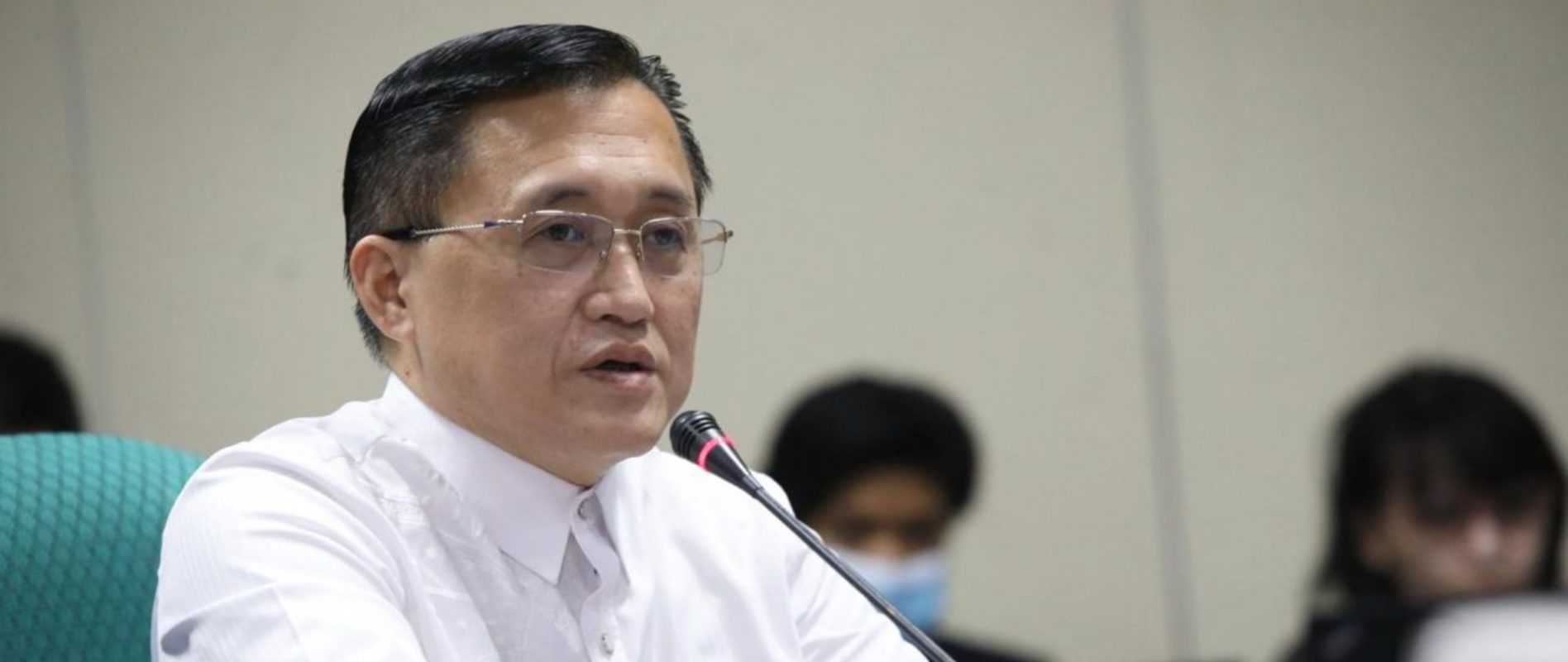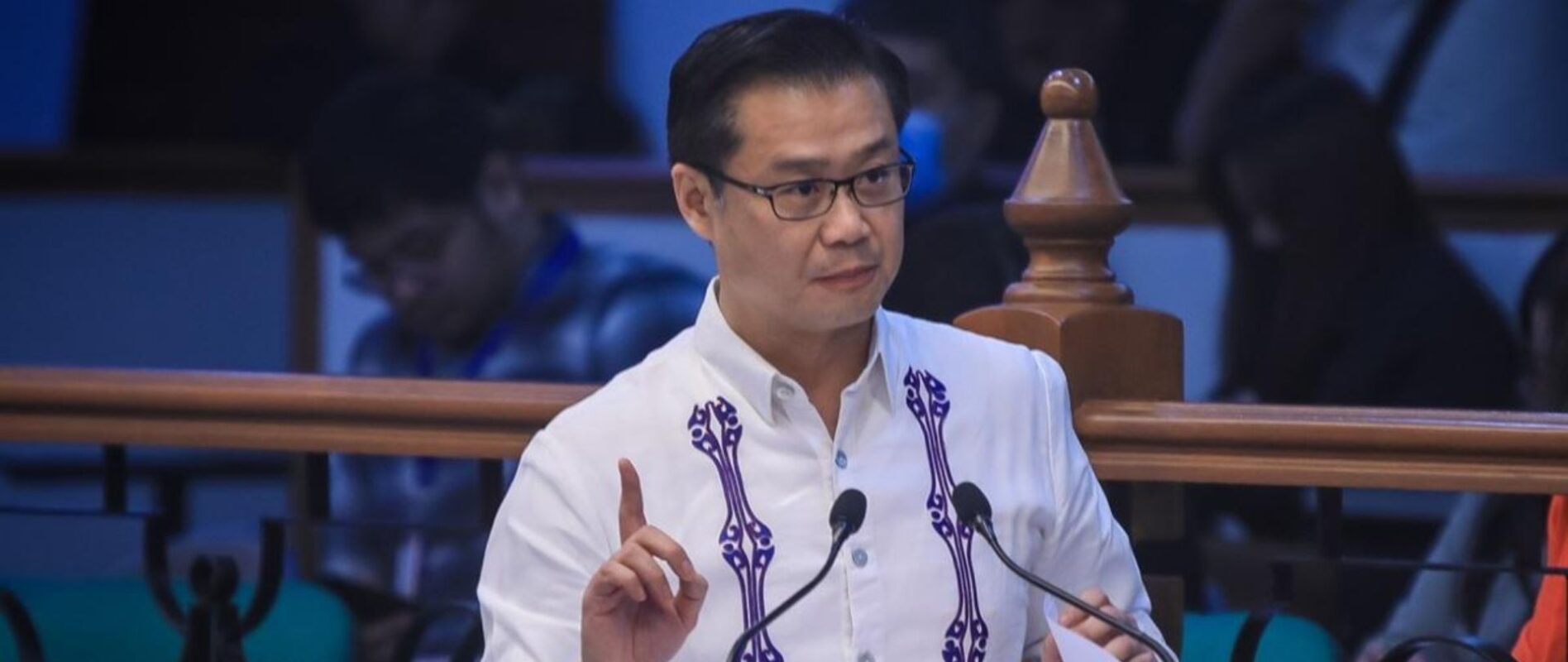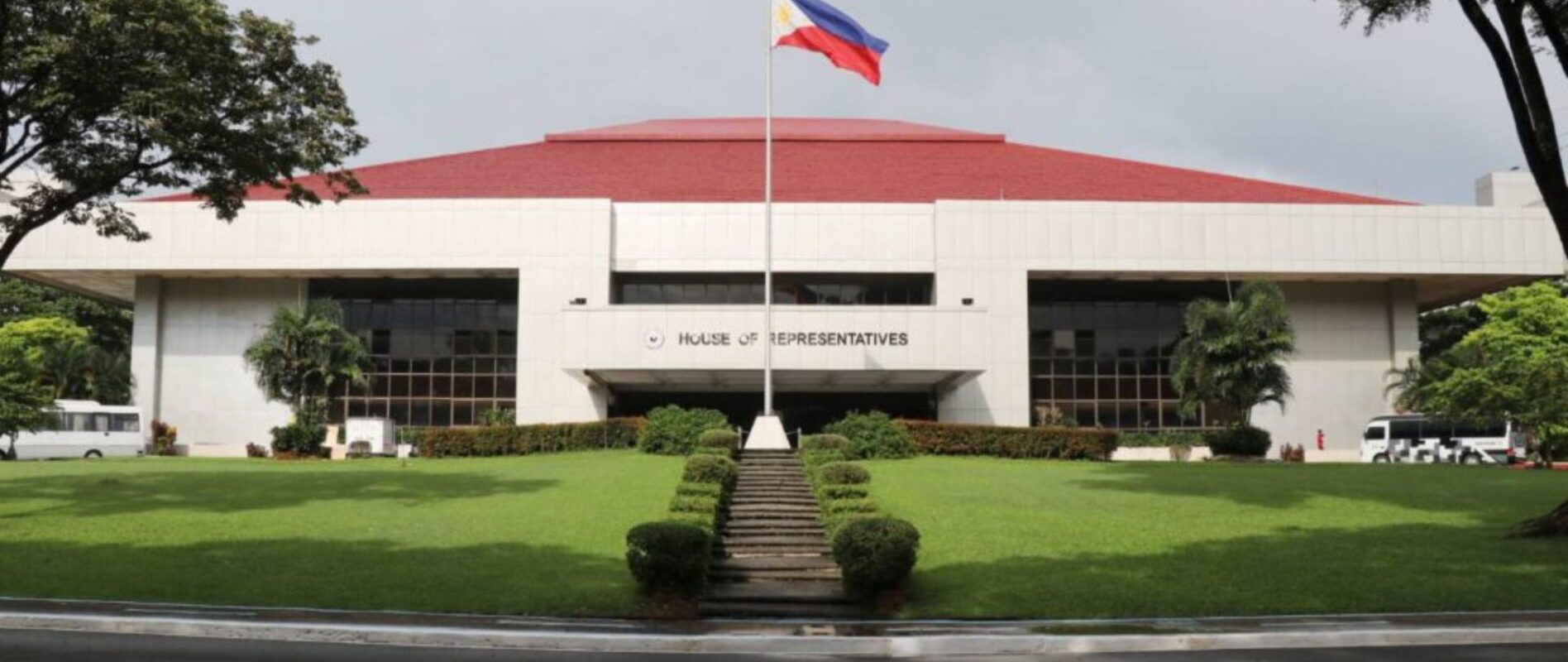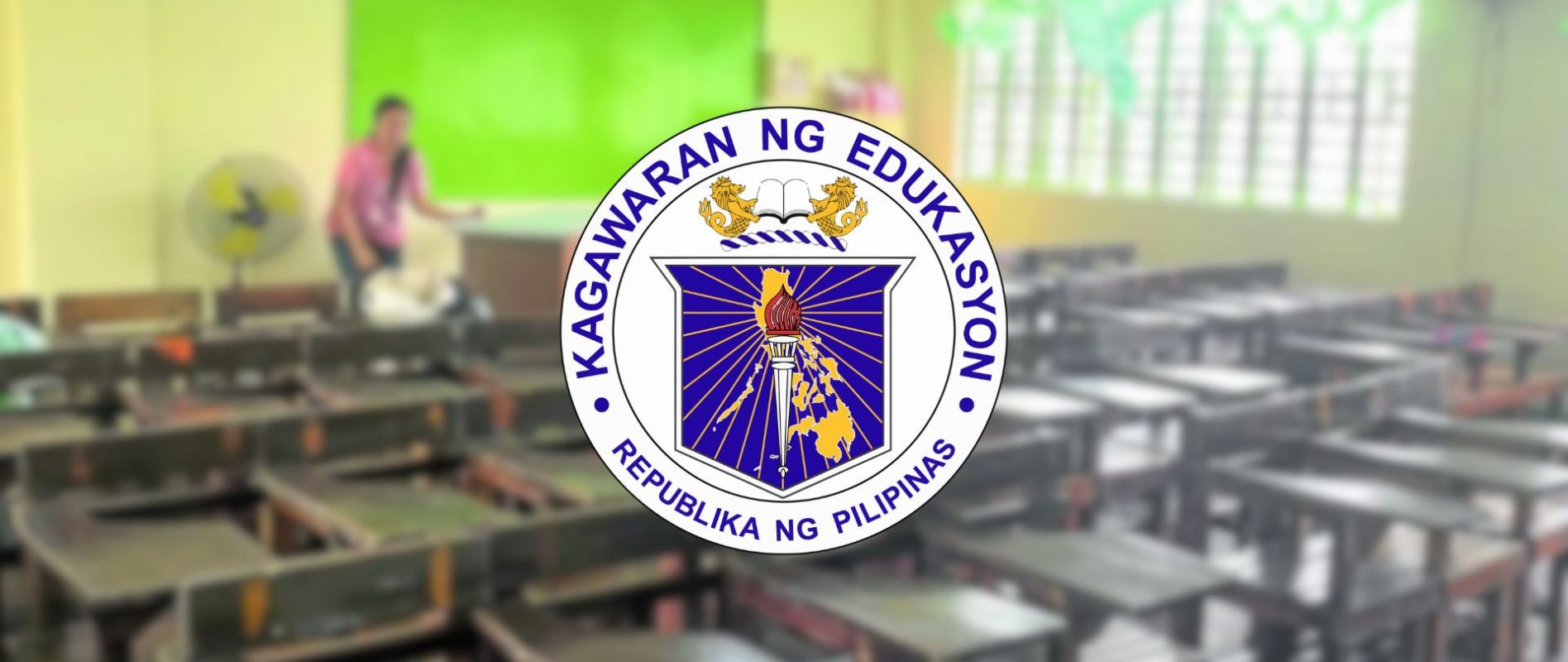WHAT NOW, CLASS OF 2020?
Normally, this time of the year, students would be teetering by their phones and gadgets waiting for class suspension announcements brought by the typhoon seasons. This time around, the stay-at-home directive and the prospect of studying at home… is just plain uncomfortable—frightening, even. So, we ask, what now, class of 2020?
We have never been in this situation before.
The COVID-19 pandemic has struck hard on everyone—doctors, workers, families, businesses. Everyone and anyone not just here but everywhere else in the world. But for students, it’s… kind of weird, actually. We can all agree, this health situation is far from normal.
Normally, this time of the year, students would be teetering by their phones and gadgets waiting for class suspension announcements brought by the typhoon seasons. This time around, the stay-at-home directive and the prospect of studying at home… is just plain uncomfortable—frightening, even.
The pandemic has changed life as we know it. There is real fear of contracting a virus that has made millions of people around the world sick and even killing hundreds of thousands. And then there’s the fear of the unknown. For students, it’s about setting sail into an unknown future facing unprecedented questions on their capacity to learn outside of the normal confines of the classroom.
The Department of Education has slated the opening of classes in August, but the Philippine Congress is working to pass a bill to allow school resumption beyond the said date. However, as Education Secretary Leonor Briones has previously stated, school opening does not mean a physical return as the department is looking to adopt online learning modules and practices.
There is much debate surrounding this directive, with both parents and students voicing their concerns and doubts on the implementation of online learning and the fact that there are several barriers to conducting this effectively.
You would think the youth would love to get a year off school, but many are voicing issues that show how serious they are about their education — and the implications of poorly-implemented online learning.

“Classes are Suspended” by Terence Eduarte
The issue on connectivity
Outside of the few households that have reliable internet services (and even this is debatable), most students have poor connectivity—that is if they get connected at all. The average internet speed in the country clocks at 15 Mbps, or even lower, remarkably slower than global averages. Even in the metro, there are places that continue to have mobile signal limitations.
Students living in the provinces, especially those outside of urban areas have it worse with little to no connectivity. A recent article told the story of a boy bringing his gadget up a tree just to get enough mobile data to attend his online class. Well, we can’t have all students climbing up trees and roofs, can we?
The case for gadget ownership
Not all students, even in the collegiate level has a laptop. For many, their parents had to prepare and save up to give their children a laptop so they can properly work on their school requirements.
“Walang laptop? E di cellphone?” Even as almost everyone can be seen with a smartphone nowadays, doing schoolwork on a smartphone is not at all ideal. How will you type your thesis on a 5-inch screen?
The expense of buying a gadget—as well as loading up for mobile data—at this time of economic uncertainty will also put a strain on household finances. Again, save from a few, this will be a serious problem for many students.

“Breakfast Clout” by Tokwa Penaflorida
Learning is hampered
Fact of the matter is, even students say they prefer learning at school. Aside from having internet or computer glitches, the learning process face-to-face with a teacher and having a conducive environment in the classroom (or lab) facilitates learning better.
Practical exercises and lab work cannot be done easily at home or even with digital simulations, especially for students who need hands-on experience like those taking medicine, and engineering. Some students had to adjust to taking exams online. The pressure isn’t the only concern—answering questions via online programs takes a lot of getting used to, and it’s definitely not the time to worry about that.
Others yet complain of getting too much schoolwork. In lieu of doing seatwork, students are bombarded with worksheets, readings, and other assignments. Many say studying all day at the house is not the most conducive and productive. Some are expected to do chores while balancing school workload while others simply do not have the right workstations set up at home.
Fresh grad woes
No doubt many graduates were sad and disappointed not to go through the normal graduation rites. As the culminating event in their student lives, the unprecedented situation has robbed graduates of that basic student right of going up the stage and receiving their hard-earned diploma (or at least a congratulatory piece of paper). With the continuing community quarantine, schools shift to online ceremonies, and while it serves the purpose, it is hardly what students expected.
But beyond this debacle, a more pressing concern is getting a job. In this crisis. In this economy. Fresh grads will be hard-pressed to look for jobs in the next few months. Some are already raring to earn especially with the financial situation of their families. But a cloud of uncertainty persists.
While there are fresh grads and their families who are afraid to be out during this health crisis, they are worried about the uncertainties that the future brings. And for these driven young people, delaying their career means delaying their dreams.

“One by One, Whole Body” by Wika Nadera
The psychology of a pandemic
The COVID-19 situation undeniably took its toll on all aspects of our lives. The effects on health and the economy are all too tangible. But students are also starting to feel the strains of the crisis on their psychological, mental, and social well-being. They worry about their future, their families’ future, their overall state of mind. They don’t see their friends as often — and for students who got stuck where they are studying, they can’t even go home to their families.
As budding young citizens, they also can’t help but express their worry on how the crisis will affect and change the country—or the world in the foreseeable future. Ultimately, what happens in the country and to fellow Filipinos will affect what lies ahead—and this is the one they will live in.
At the end of the day, there needs to be a balance between health, safety, and the future. Undoubtedly, the decision of education officials and students and families themselves will make a lasting effect on the future. There is a need to rethink and gather wisdom on letting students go back to school. For now, we need to stay informed and involved with the developing situation. This is still our future.

